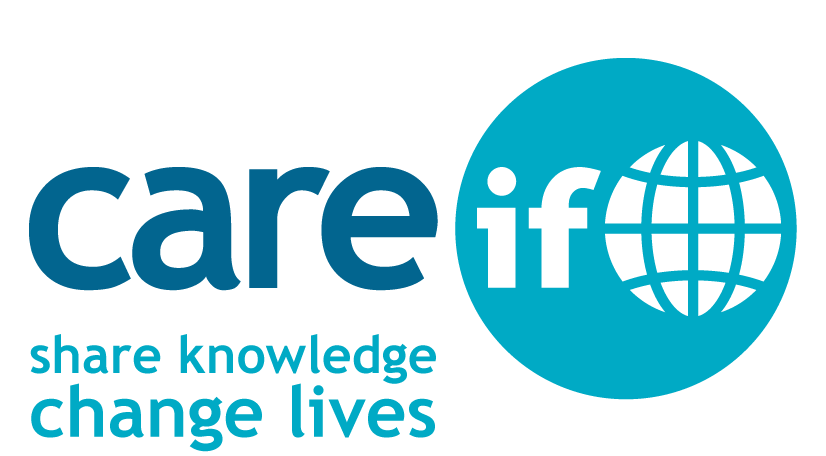Careif to partner with Fountain House in Pakistan
Careif’s newly appointed Trustee, Professor Afzal Javed is the chair of the Pakistan Psychiatric Research Center (PPRC) and has offered to facilitate links with Fountain House, Lahore, a pioneering community psychiatric service in Pakistan. Careif is pleased to announce that it plans to work in partnership with Fountain House in Pakistan to foster information transfer and capacity building.
Many people will know about Fountain House in New York, the history of which dates back to the 1940s, and the development of the clubhouse model for people living with severe mental illness during the 1950s. But perhaps fewer will be aware of Fountain House in the province of Lahore in Pakistan which has now been around for over 50 years.
At the time of partition, Pakistan inherited the British system of the management of people with mental illness which was predominantly confined to large mental hospitals. Pakistan gave a low priority to mental health with limited emphasis on community-based services and psychosocial rehabilitation. The province of Lahore was no exception to this, but in 1963 the Lahore Mental Health Association (LMHA) was founded and later became a registered Non-Governmental Organisation (NGO). With the help of the late Professor Rashid Chaudry, LMHA laid out plans to develop a rehabilitation centre for people with mental illness in Lahore. The project was supported by Fountain House, New York and its Director, John H Beard. This led to the creation of Fountain House, Lahore in 1971.
The Pakistan version of Fountain House began in a small, rented building in a residential area of Lahore, housing five people with schizophrenia from the local Mental Hospital. These five ‘members’ were offered social and therapeutic activities, and community-orientated programmes. Following this pilot scheme, Fountain House grew and was moved to larger premises and later to its present building which is given on lease by the Government of Pakistan.
Since its early days, Fountain House has extended its services and has become a symbol for mental health care in Pakistan. Fountain House Lahore now has 80-100 members daily and 400 beds. Services have been extended to rural areas in the province. Fountain House Farooq Abad was established in one rural area and has recently been extended to offer long-term services for women with intellectual impairment who have no carers to support them. These purpose-built ‘compassion homes’ opened in 2018. In addition, Fountain House Sargodha provides outpatient and inpatient services.
Fountain House activities
Other recently developed services and programmes include:
Child Assessment and Treatment Center (CATC) Fountain House, Lahore in December 2022.
A Psychoeducation Program at Fountain House, Lahore-Pakistan – to develop a partnership with Parents, Carers and Families
A Poverty Alleviation & Financial Empowerment Program for Persons with Mental Health Problems
Akhuwat-Fountain House Khwajasira Support Program - a unique and multi-pronged program for the Khwajasiras of Pakistan.
Fountain House Lahore is run by the Lahore Mental Health Association (LMHA). It receives very little government funding and is mainly financed by contributions and donations from philanthropists. It has been a pioneer in Pakistan where overall health facilities are insufficient and the availability of mental health treatment and rehabilitation is hard to find. It provides services to a sizable population, making mental health facilities accessible for people with mental illnesses and their families and carers. Fountain House has made a visible difference by providing access to mental health facilities in Pakistan that are free and affordable.
The Pakistan Psychiatric Research Center (PPRC) is the scientific arm to Fountain House. PPRC does not obtain any financial assistance from Fountain House resources but generates its funding by its activities. Its objectives are to initiate research work in the field of mental health and to organise teaching & training programmes. It offers academic programs such as a psychoeducation, a volunteer internship program for students and professionals, a continuing education programs for mental health professionals, and the regular placement of young mental health professionals (doctors, psychologists, and social workers).
